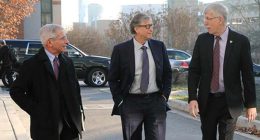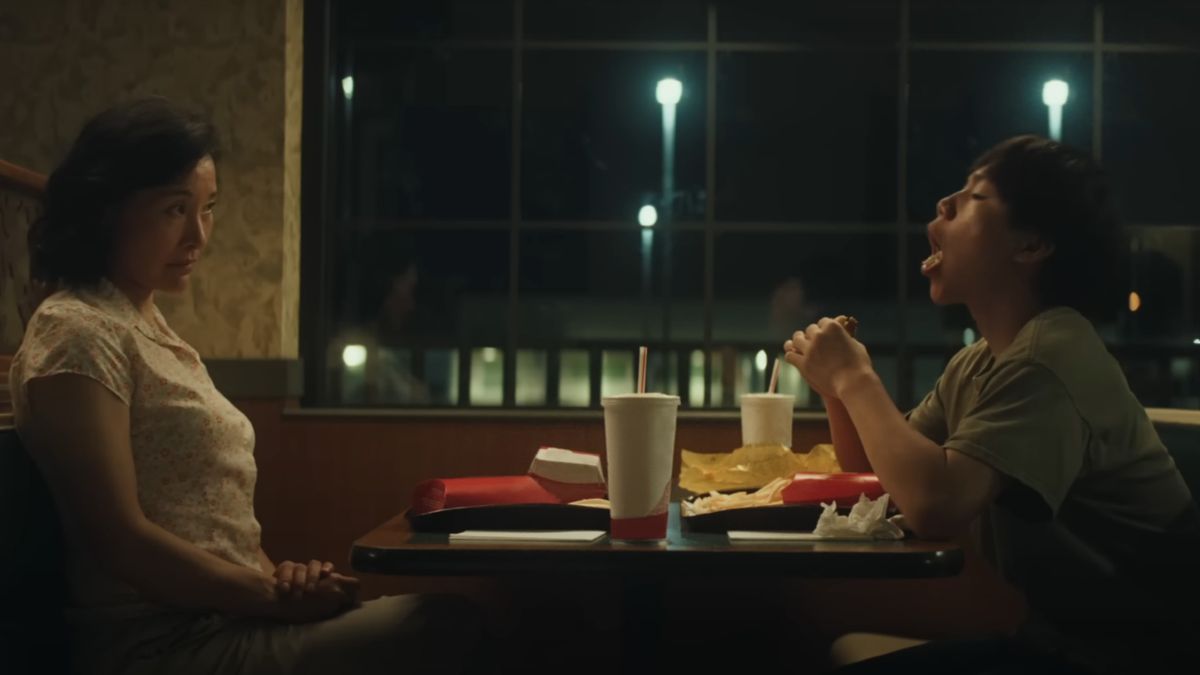The Federal Reserve – the US central bank, known as the Fed – has increased interest rates for the ninth time in a row.
The rate has been increased by 0.25 percentage points in an effort to bring down inflation, which in the US stood at 6% over the 12 months to February.
A higher increase had been expected prior to the collapse of Silicon Valley Bank, the rescue of regional US banks and the takeover of Credit Suisse.
At the start of this month, before the worst banking turmoil since 2008 began, Fed chair Jerome Powell had floated the idea of a 0.5 percentage points increase, a speeding up of rate increases. Last month the programme of rate hikes was slowed when the Fed instituted a 0.25 percentage points rise.
High interest rates lead to higher profits for lenders but also put pressure on banks as some government bonds, state IOUs, lose value.
Following Wednesday’s increase, US interest rates stand at 4.75% to 5%, up from 4.5% to 4.75% since the last increase in February.
In the US, the interest rate is a range, rather than a single percentage – as in the UK – because the Fed is not permitted to set a specific number.
A target rate is instead set as a guide for banks to follow.
Some economists had expected the Fed to pause rate rises all together.
Addressing banking concerns the Fed said the US banking system is sound and resilient but the effects of recent developments is unknown.
“Recent developments are likely to result in tighter credit conditions for households and businesses and to weigh on economic activity, hiring, and inflation. The extent of these effects is uncertain.”
It was the first time since December that the Fed issued interest rate projections.
Speaking on Wednesday Mr Powell said ongoing interest rate increases are no longer appropriate to bring inflation down to its 2% target. Instead, he said “some” additional raises “may be appropriate”.
Addressing the banking turmoil, he said: “we are committed to learning the lessons from this episode, and to work to prevent episodes from events like this from happening again”.





